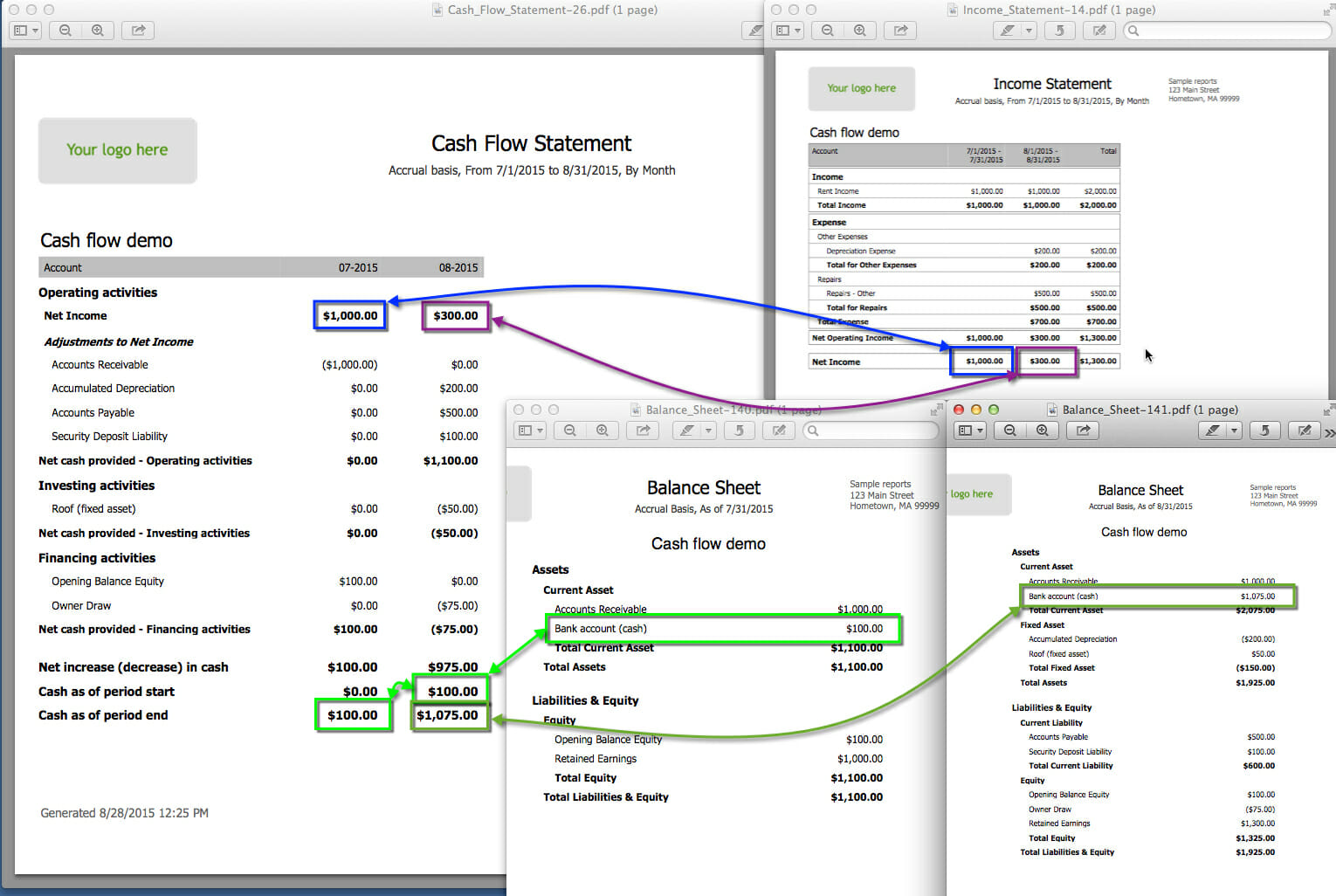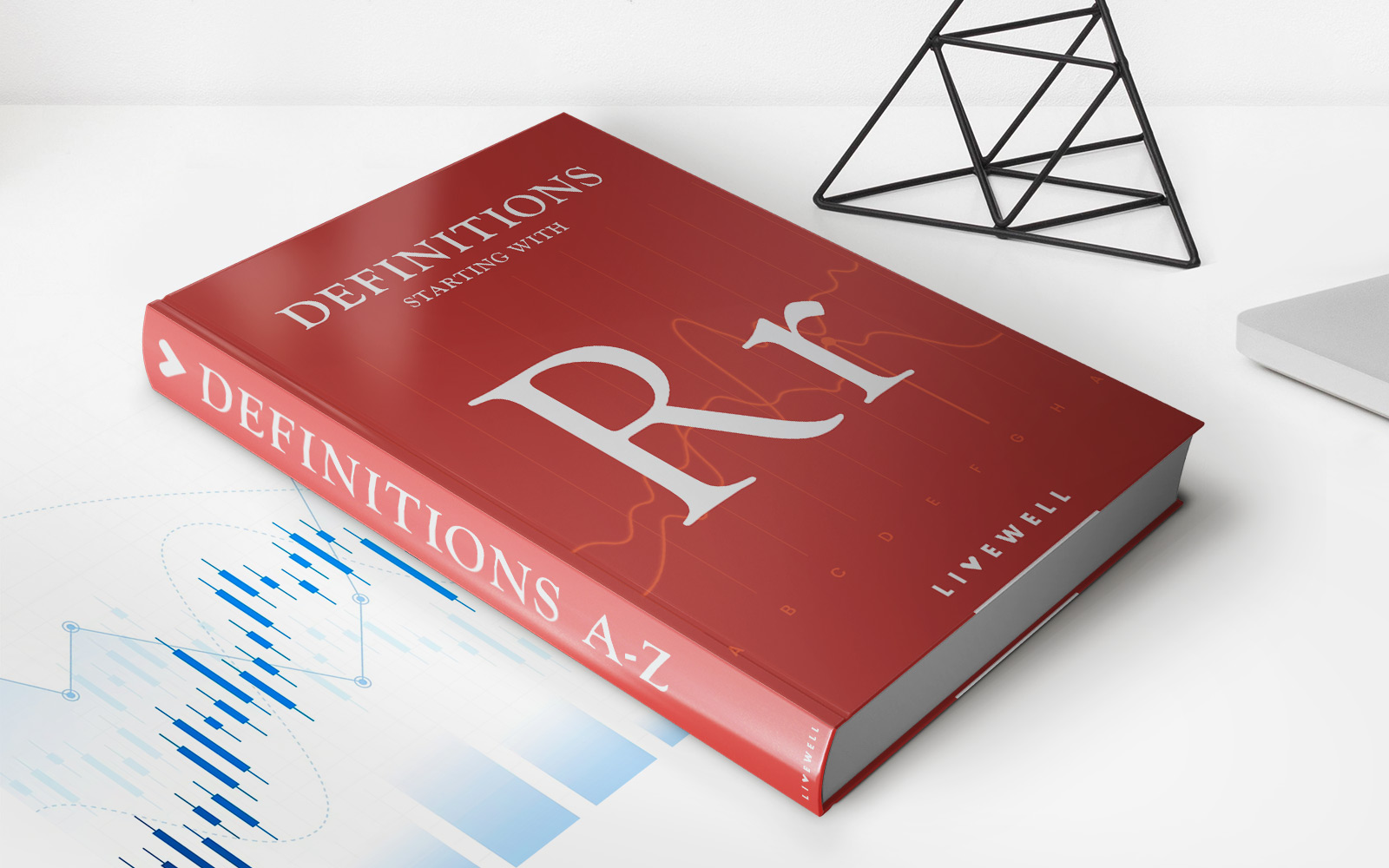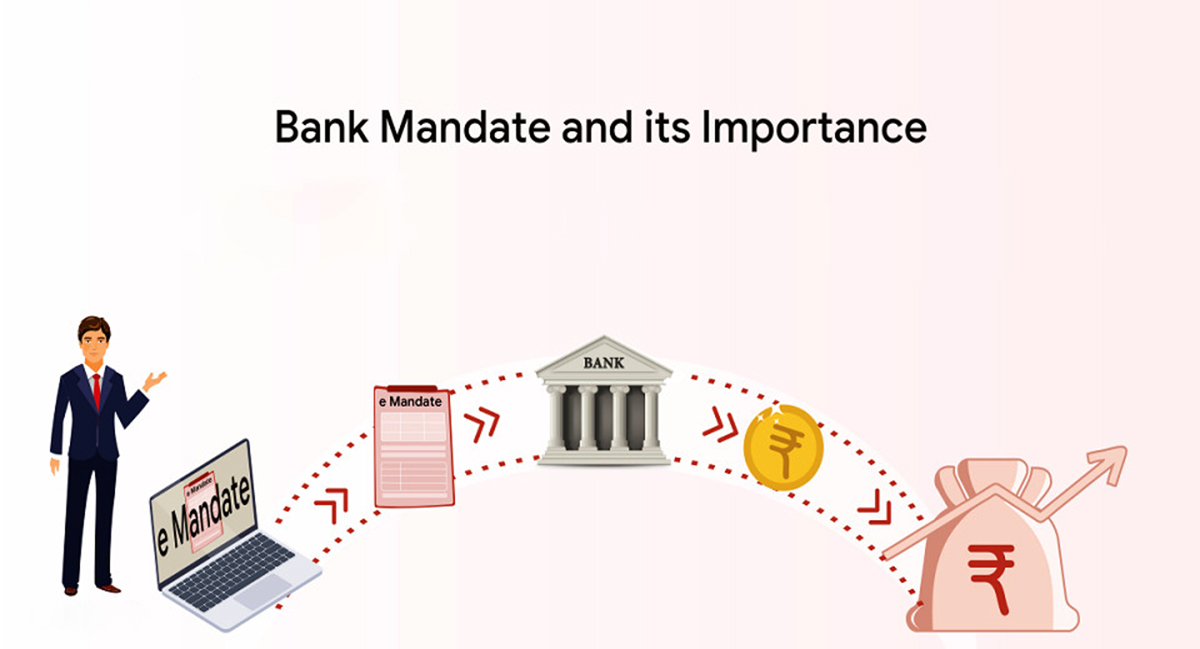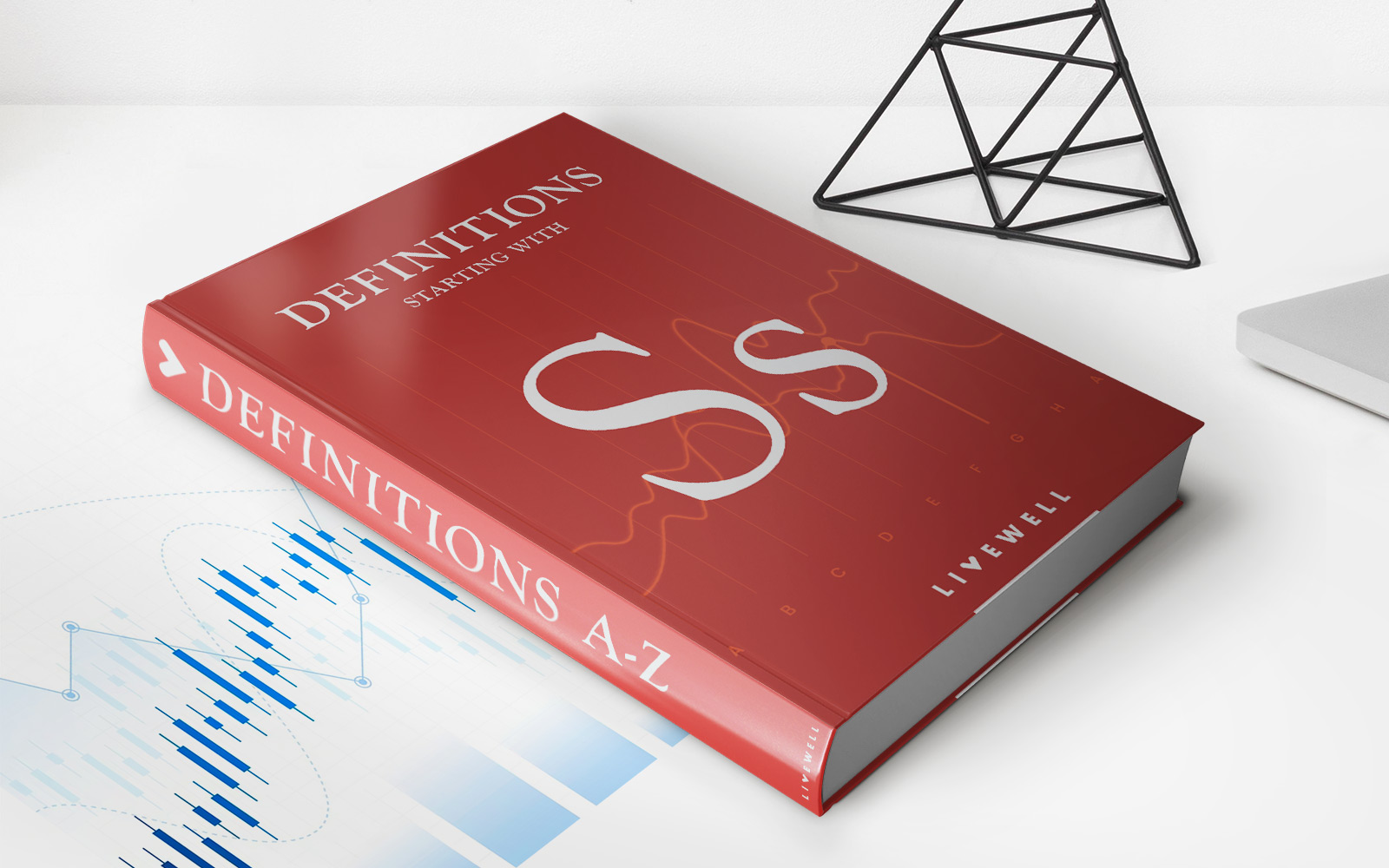

Finance
Implicit Rental Rate Definition
Published: December 7, 2023
Learn the definition of implicit rental rate in finance and its significance in investment and capital budgeting decisions. Discover how this measure affects the cost of capital and project evaluation.
(Many of the links in this article redirect to a specific reviewed product. Your purchase of these products through affiliate links helps to generate commission for LiveWell, at no extra cost. Learn more)
An Introduction to Implicit Rental Rate: Unlocking the Secrets of Finance
When it comes to understanding the intricacies of finance, one term that often pops up is the Implicit Rental Rate. But what exactly does it mean? In this blog post, we will explore the concept of Implicit Rental Rate in a simple and easy-to-understand manner, demystifying the jargon and shedding light on its significance in the world of finance.
Key Takeaways:
- Implicit Rental Rate refers to the opportunity cost of using an asset, rather than renting it out.
- It is a fundamental concept in finance and plays a crucial role in various financial decisions.
Understanding Implicit Rental Rate
In simple terms, Implicit Rental Rate is the theoretical amount of money that could be earned by renting out an asset if it were not being used for its current purpose. The concept is based on the idea that every asset has an opportunity cost associated with it, which is the potential income that could be generated by utilizing the asset in an alternative way.
Let’s break it down further:
- Implicit Rental Rate is essentially a measure of the foregone income or profit that results from using an asset for a specific purpose instead of renting it out or using it in another profitable venture.
- This concept comes into play when evaluating financial decisions such as investing in new equipment, purchasing real estate, or even deciding whether to buy or lease a car.
- By calculating the Implicit Rental Rate, individuals and businesses get a clearer picture of the true cost of utilizing an asset for a particular purpose.
So, let’s say you own a piece of commercial real estate that you are currently using for your business. The Implicit Rental Rate would represent the income you could potentially generate by renting out that property instead of using it for your own business activities.
Understanding the Implicit Rental Rate allows individuals and businesses to make more informed financial decisions. It provides a comprehensive view of the potential costs and benefits associated with different uses of assets, enabling better strategic planning and resource allocation.
The Significance of Implicit Rental Rate in Finance
The concept of Implicit Rental Rate holds immense significance in finance. Here are a few reasons why:
- Opportunity Cost Assessment: Implicit Rental Rate helps in assessing the opportunity cost involved in using an asset for a specific purpose. It assists in determining whether the chosen use of an asset is the most profitable option or if alternative uses would yield higher returns.
- Resource Allocation: By understanding the Implicit Rental Rate, businesses can make more informed decisions regarding resource allocation. It aids in identifying which assets should be used for particular purposes and which should be rented out or utilized differently, maximizing overall profitability.
As you can see, the Implicit Rental Rate is a critical concept that contributes to optimal decision-making in the world of finance. Whether you are an individual managing personal finances or a business owner evaluating investment opportunities, understanding this concept can help you make more informed and financially sound choices.
In summary, Implicit Rental Rate refers to the opportunity cost of using an asset for a specific purpose instead of renting it out or utilizing it for alternative profitable ventures. By calculating the Implicit Rental Rate, individuals and businesses gain insight into the potential costs and benefits associated with different uses of assets, leading to improved financial decision-making.
So, the next time you come across the term Implicit Rental Rate, you’ll have a better understanding of what it means and why it matters in the world of finance.














